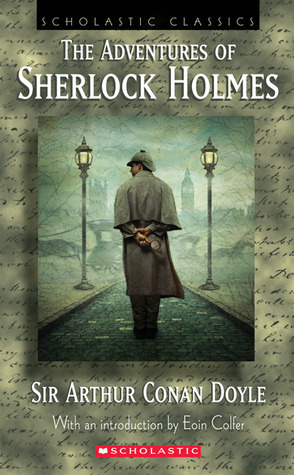Over the years, I’ve found myself repeating a few phrases over and over to authors of all levels, including clients, students, and lecture attendees. I eventually started calling them my maxims, and it’s high time I laid them out on my own site. After all, much of the reason for my blog updates is to give me a handy place to put stuff I already repeat a lot, so I can just link people to the post and save time in the future.
Today, it’s Writing is an art, not a science. Kind of obvious, since we call it a creative art rather than a scientific field, but it’s good to really think about what that means — especially authors worried about learning how to “do it right” or violating some kind of rule.
No matter how much you study the craft, it will remain something that isn’t completely bound by even the broadest rules. In our mutual quest to find our own methods of entertaining others, we will come across ways to play with expectations, to shatter boundaries, and make restrictions work for us rather than against us. It’s often said that you need to know the rules in order to know when to break them; but I maintain that the real reason to know the rules is to know when the rules don’t apply in the first place.

Every year, some new story — whether a book, movie, TV show, video game, play, whatever — comes along that breaks previous conventions and succeeds despite all previous wisdom saying it was impossible. There’s always a reason why it worked, even if it’s something you don’t like. You might hate the story yourself, but its success proves there was something you could learn from it. I can’t stand Twilight myself, but there’s no doubt it was a successful work of fiction.
But this particular piece of wisdom goes both ways. When you find those exceptions, they don’t become new laws of physics for the writing world. There’s a reason why they worked, and duplicating it isn’t going to be easy. In fact, it’s likely impossible for most writers. Therefore, you have to understand the art as art — and not as something you can always quantify with sufficient study. The success of your writing depends too much on emotional impact to make it work by merely copying others without understanding them first.
If it helps, think of it this way: There are no universal writing rules; there are only techniques to choose from. Pick the best ones for yourself and don’t be afraid to try something new.
And yes, this applies to me as well. If you came to this page because I’m editing your manuscript and I linked you here, remember that my job is to make your story better — not to turn it into my story. The changes I suggest are designed to bring out the best in what you’ve written, but only you can judge whether they’re acceptable. If I make a suggestion, it’s likely for a very good reason, and in the interest of saving time I’m not going to explain it on every single page; so if you have questions, ask them. Don’t blindly accept everything your editor suggests, no matter who he or she is. Editors are important because you’re too close to your story to know every time something isn’t working, but only you know your story inside and out.


